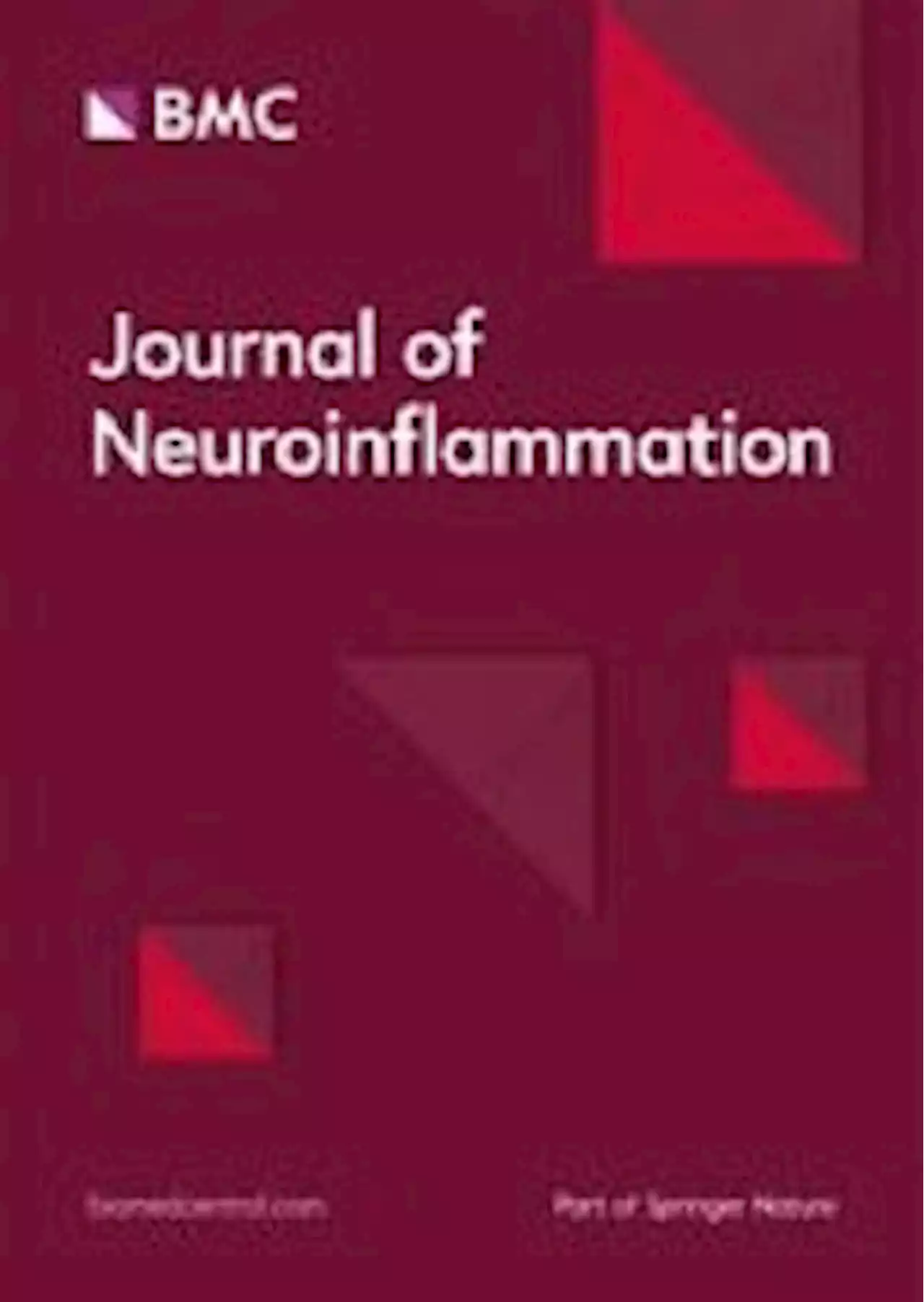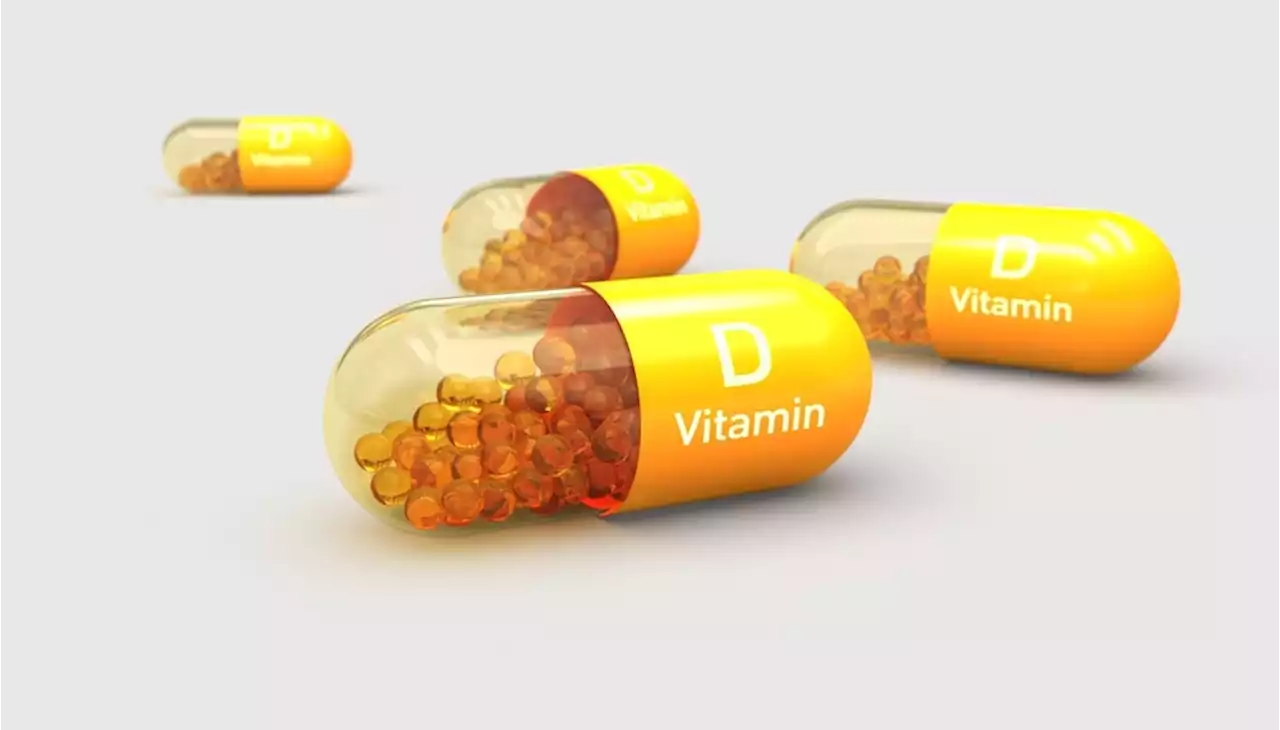Vitamin D protects against H1N1 and SARS-CoV-2 infection in mice Coronavirus Disease COVID H1N1 SARSCoV2 VitaminD biorxivpreprint
A recent study published on the bioRxiv* preprint server reports that vitamin D deficiency enhances disease severity, while adequate vitamin D supplementation reduces inflammation, after H1N1 and severe acute respiratory syndrome coronavirus infections in mice.
Lung epithelial cells express the vitamin D receptor and are regulated by 1,25D supplementation. Thus, vitamin D treatment has been shown to directly affect the lung epithelium and reduce the inflammatory response within the lungs. Although all mice infected with H1N1 experienced respiratory distress seven days after infection, D+WT mice experienced the least amount of respiratory distress. All symptoms of respiratory distress in both WT and Cyp KO mice receiving vitamin D supplementation were resolved by day 10. Comparatively, both D-WT and D-Cyp KO continued to experience greater symptoms of respiratory distress that did not completely resolve by day 14.
Vitamin D supplementation and SARS-CoV-2 Related StoriesSARS-CoV-2 infection and the effects of vitamin D supplementation were assessed in mice expressing the human angiotensin-converting enzyme 2 receptor, which is the receptor utilized by SARS-CoV-2 to gain entry into cells. Since Cyp27B1 remained present in this mouse strain, some mice were given a vitamin D deficient chow for eight weeks prior to infection to induce a state of vitamin D deficiency.
United Kingdom Latest News, United Kingdom Headlines
Similar News:You can also read news stories similar to this one that we have collected from other news sources.
 Impact of SARS-CoV-2 infection on menstrual cycleImpact of SARS-CoV-2 infection on menstrual cycle SARSCoV2 COVID19 MenstrualCycle MenstrualIrregularities
Impact of SARS-CoV-2 infection on menstrual cycleImpact of SARS-CoV-2 infection on menstrual cycle SARSCoV2 COVID19 MenstrualCycle MenstrualIrregularities
Read more »
 Elevated cerebrospinal fluid biomarkers of neuroinflammation in NeuroCOVID patientsA new research paper studied several biomarkers associated with neuronal injury, neuroinflammation, and neurodegeneration in NeuroCOVID adults who experienced a CNS syndrome during acute SARS-CoV-2 infection.
Elevated cerebrospinal fluid biomarkers of neuroinflammation in NeuroCOVID patientsA new research paper studied several biomarkers associated with neuronal injury, neuroinflammation, and neurodegeneration in NeuroCOVID adults who experienced a CNS syndrome during acute SARS-CoV-2 infection.
Read more »
 SARS-CoV-2 infection of lung endothelial cells and pulmonary capillary microthrombosisSARS-CoV-2 infection of lung endothelial cells and pulmonary capillary microthrombosis uniklinik_hd SARSCoV2 COVID19 PulmonaryCapillaryMicrothrombosis LungEndothelialCells
SARS-CoV-2 infection of lung endothelial cells and pulmonary capillary microthrombosisSARS-CoV-2 infection of lung endothelial cells and pulmonary capillary microthrombosis uniklinik_hd SARSCoV2 COVID19 PulmonaryCapillaryMicrothrombosis LungEndothelialCells
Read more »
 Brain immune response to SARS-CoV-2 infectionIn a recently published article in the journal Current Opinion in Neurobiology, scientists at Washington University School of Medicine, St. Louis have described how immunological alterations associated with severe acute respiratory syndrome coronavirus 2 (SARS-CoV-2) infection may impact brain activities and induce acute and post-acute neurological symptoms in coronavirus disease 2019 (COVID-19) patients.
Brain immune response to SARS-CoV-2 infectionIn a recently published article in the journal Current Opinion in Neurobiology, scientists at Washington University School of Medicine, St. Louis have described how immunological alterations associated with severe acute respiratory syndrome coronavirus 2 (SARS-CoV-2) infection may impact brain activities and induce acute and post-acute neurological symptoms in coronavirus disease 2019 (COVID-19) patients.
Read more »
 SARS-CoV-2 productively infects human brain microvascular endothelial cells - Journal of NeuroinflammationBackground The emergence of the novel, pathogenic severe acute respiratory syndrome coronavirus 2 (SARS-CoV-2) has caused a global health emergency. SARS-CoV-2 is highly contagious and has a high mortality rate in severe patients. However, there is very limited information on the effect of SARS-CoV-2 infection on the integrity of the blood–brain barrier (BBB). Methods RNA-sequencing profiling was performed to analyze the transcriptomic changes in human brain microvascular endothelial cells (hBMECs) after SARS-CoV-2 infection. Bioinformatic tools were used for differential analysis. Immunofluorescence, real-time quantitative PCR, and Western blotting analysis were used to explore biological phenotypes. Results A total of 927 differentially expressed genes were identified, 610 of which were significantly upregulated while the remaining 317 were downregulated. We verified the significant induction of cytokines, chemokines, and adhesion molecules in hBMECs by SARS-CoV-2, suggesting an activation of the vascular endothelium in brain. Moreover, we demonstrated that SARS-CoV-2 infection could increase the BBB permeability, by downregulating as well as remodeling the intercellular tight junction proteins. Conclusions Our findings demonstrated that SARS-CoV-2 infection can cause BBB dysfunction, providing novel insights into the understanding of SARS-CoV-2 neuropathogenesis. Moreover, this finding shall constitute a new approach for future prevention and treatment of SARS-CoV-2-induced CNS infection.
SARS-CoV-2 productively infects human brain microvascular endothelial cells - Journal of NeuroinflammationBackground The emergence of the novel, pathogenic severe acute respiratory syndrome coronavirus 2 (SARS-CoV-2) has caused a global health emergency. SARS-CoV-2 is highly contagious and has a high mortality rate in severe patients. However, there is very limited information on the effect of SARS-CoV-2 infection on the integrity of the blood–brain barrier (BBB). Methods RNA-sequencing profiling was performed to analyze the transcriptomic changes in human brain microvascular endothelial cells (hBMECs) after SARS-CoV-2 infection. Bioinformatic tools were used for differential analysis. Immunofluorescence, real-time quantitative PCR, and Western blotting analysis were used to explore biological phenotypes. Results A total of 927 differentially expressed genes were identified, 610 of which were significantly upregulated while the remaining 317 were downregulated. We verified the significant induction of cytokines, chemokines, and adhesion molecules in hBMECs by SARS-CoV-2, suggesting an activation of the vascular endothelium in brain. Moreover, we demonstrated that SARS-CoV-2 infection could increase the BBB permeability, by downregulating as well as remodeling the intercellular tight junction proteins. Conclusions Our findings demonstrated that SARS-CoV-2 infection can cause BBB dysfunction, providing novel insights into the understanding of SARS-CoV-2 neuropathogenesis. Moreover, this finding shall constitute a new approach for future prevention and treatment of SARS-CoV-2-induced CNS infection.
Read more »
Multiplex Fragment Analysis for Flexible Detection of All SARS-CoV-2 Variants of ConcernAbstractBackground. Severe acute respiratory syndrome coronavirus 2 (SARS-CoV-2) variants continue to emerge, and effective tracking requires rapid return of re
Read more »
